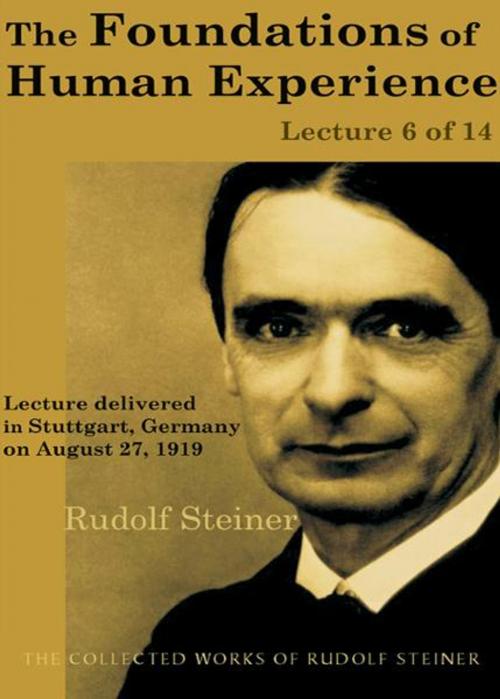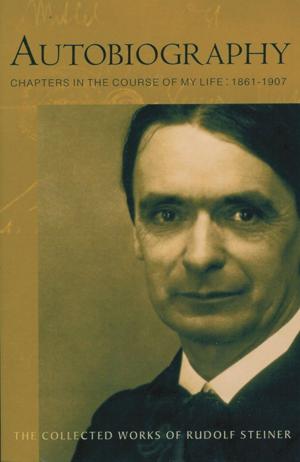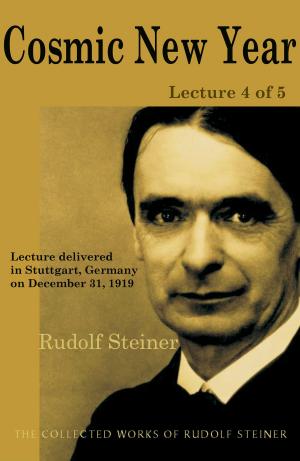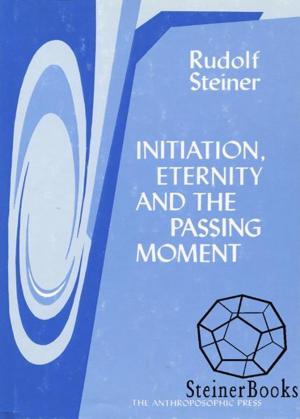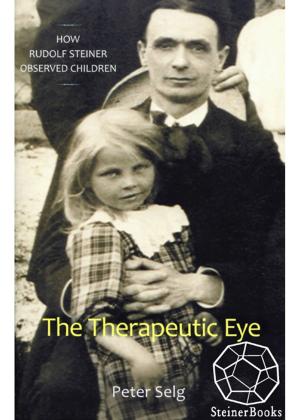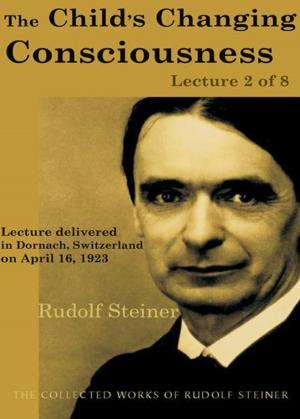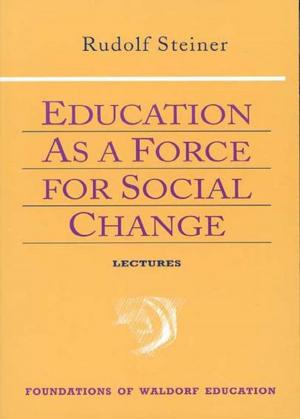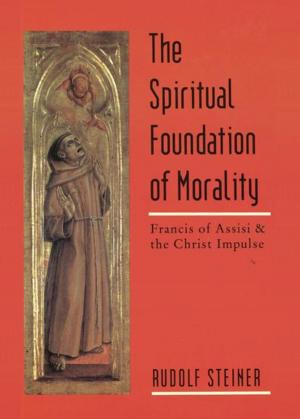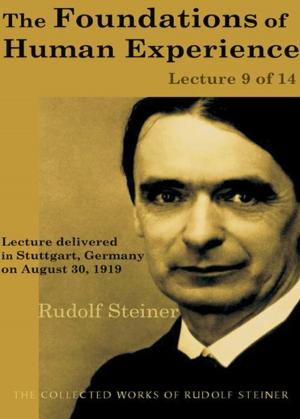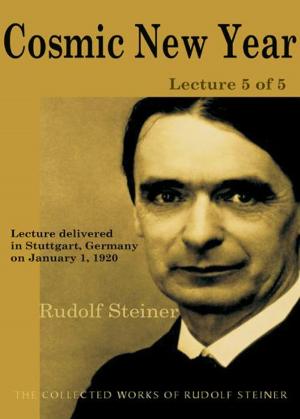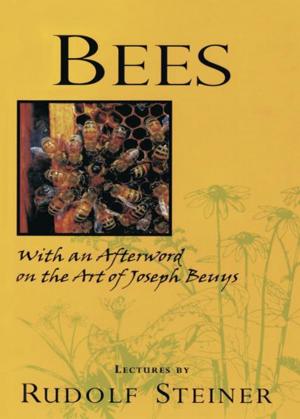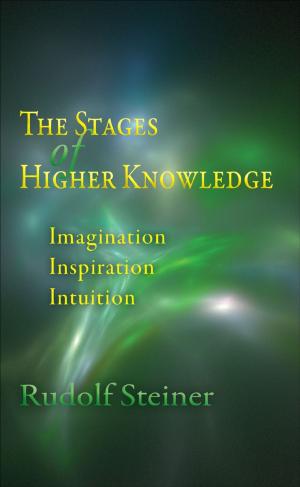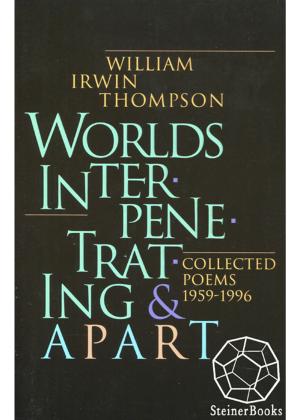The Foundations of Human Experience: Lecture 6 of 14
Nonfiction, Reference & Language, Education & Teaching, Educational Theory, Philosophy & Social Aspects| Author: | Rudolf Steiner | ISBN: | 9780880107556 |
| Publisher: | Steinerbooks | Publication: | September 1, 1996 |
| Imprint: | SteinerBooks, Collected Works 293 | Language: | English |
| Author: | Rudolf Steiner |
| ISBN: | 9780880107556 |
| Publisher: | Steinerbooks |
| Publication: | September 1, 1996 |
| Imprint: | SteinerBooks, Collected Works 293 |
| Language: | English |
This lecture is part of the collection "The Foundations of Human Experience" by Rudolf Steiner. Steiner (1861-1925) was an Austrian philosopher, social reformer, architect, and esotericist. He gained initial recognition as a literary critic and cultural philosopher. At the beginning of the 20th century, he founded a spiritual movement, Anthroposophy. He is considered the father of Waldorf education, biodynamic agriculture, anthroposophical medicine and spiritual science. An overview of the lecture cycle. Until now, consideration of the human being from the point of view of the soul and the body and now from the point of view of the spirit: levels of consciousness. Thinking cognition is fully conscious and awake, feeling is half-conscious and dreaming, willing is unconscious and sleeping. Working with dreamy and numb children. The completely wakeful life of the I is possible only in pictures of the world, not in the real world. The life of the I in activities of the soul: pictorial and awake in thinking cognition, dreaming and unconsciously inspired in feeling, sleeping and unconsciously intuitive in willing. Nightmares. The rise of intuition exemplified by Goethes creation of Faust, Part 2. The close connection of intuitive willing with pictorial cognition contrasted to inspired feeling. The existence of the head separate from sleeping willing. The entire Collected Works of Rudolf Steiner are available from SteinerBooks.
This lecture is part of the collection "The Foundations of Human Experience" by Rudolf Steiner. Steiner (1861-1925) was an Austrian philosopher, social reformer, architect, and esotericist. He gained initial recognition as a literary critic and cultural philosopher. At the beginning of the 20th century, he founded a spiritual movement, Anthroposophy. He is considered the father of Waldorf education, biodynamic agriculture, anthroposophical medicine and spiritual science. An overview of the lecture cycle. Until now, consideration of the human being from the point of view of the soul and the body and now from the point of view of the spirit: levels of consciousness. Thinking cognition is fully conscious and awake, feeling is half-conscious and dreaming, willing is unconscious and sleeping. Working with dreamy and numb children. The completely wakeful life of the I is possible only in pictures of the world, not in the real world. The life of the I in activities of the soul: pictorial and awake in thinking cognition, dreaming and unconsciously inspired in feeling, sleeping and unconsciously intuitive in willing. Nightmares. The rise of intuition exemplified by Goethes creation of Faust, Part 2. The close connection of intuitive willing with pictorial cognition contrasted to inspired feeling. The existence of the head separate from sleeping willing. The entire Collected Works of Rudolf Steiner are available from SteinerBooks.
